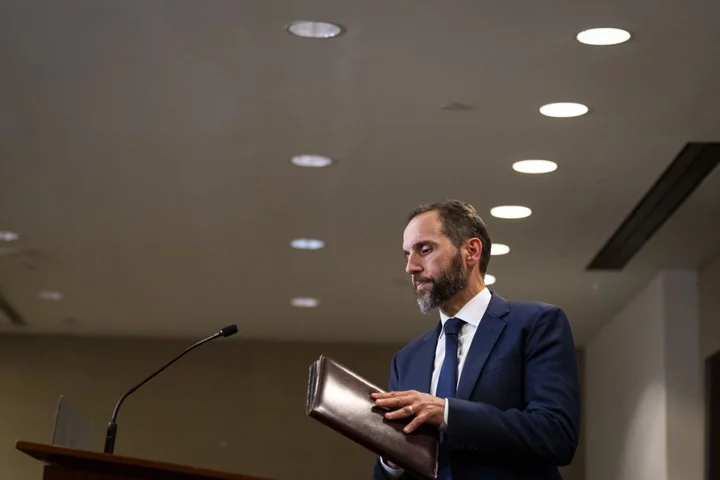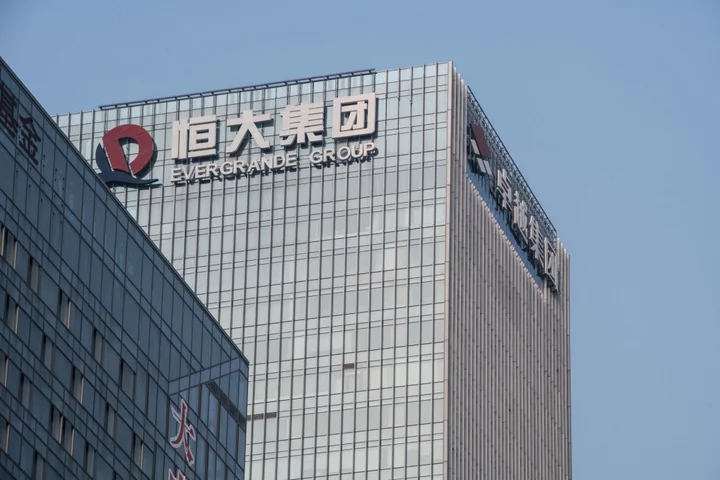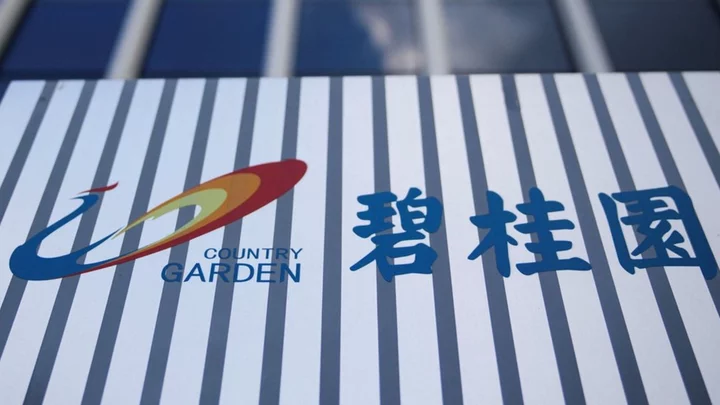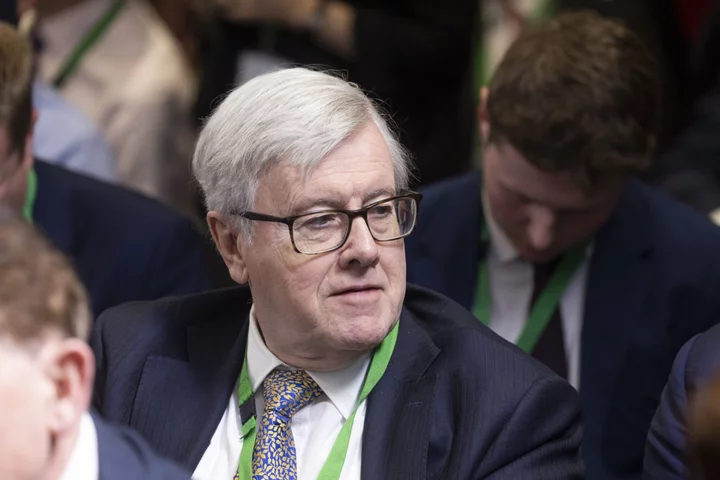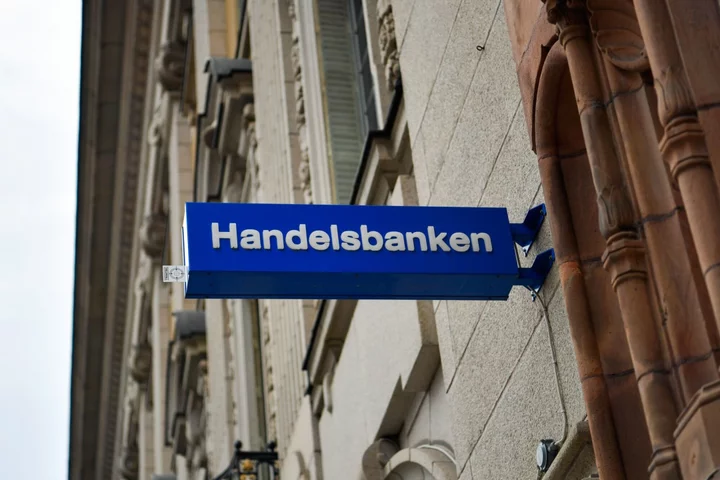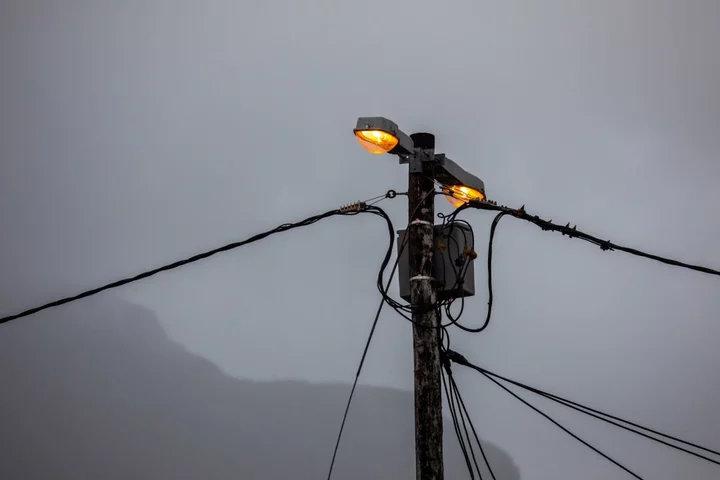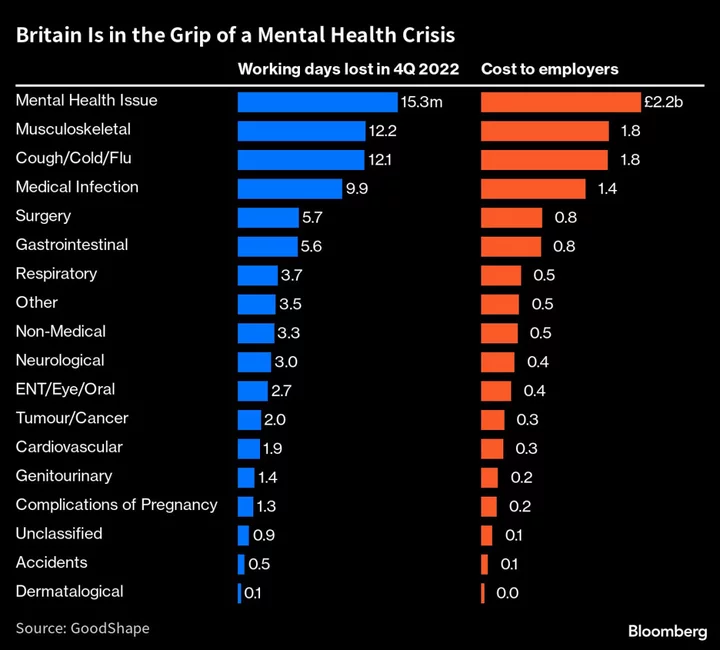A missed payment on a China Evergrande Group unit’s yuan bond is raising questions about the usefulness of recent debt extensions granted by Chinese investors.
There are seven Hengda Real Estate Group Co. bonds with a combined 45 billion yuan ($6.2 billion) of principal on which payments were pushed out to 2024, according to Bloomberg calculations. Just this week, the unit didn’t pay a separate 4 billion yuan note that investors exercised early redemption options on.
That failure adds to heightened liquidation risks for China’s one-time largest builder. In a sign of deepening distress, Evergrande scrapped creditor meetings for votes on its offshore-debt restructuring plan, while its chairman was placed under police control and the company said he’s suspected of committing crimes. Shares plunged 42% in three days before trading was halted Thursday.
This week’s delinquency involved a bond that Hengda failed in March to pay two years of interest on. The security became Hengda’s second defaulted public onshore note, according to data compiled by Bloomberg. The first occurred in July 2022, after investors rejected an extension request for a separate bond.
The latest payment miss raises questions about the state of Evergrande’s cash flow and its ability to meet obligations on the seven notes that Hengda in recent months managed to secure one-year payment extensions from investors.
Those agreements were done individually for each bond while Evergrande worked to restructure defaulted offshore debt. The approach by Hengda to extend yuan notes one by one contrasts with efforts undertaken last year by units of peers including Sunac China Holdings Ltd. and Logan Group Co. to amend a series of bonds at once.
Evergrande didn’t immediately have a comment when reached Friday, the first day of a week-long holiday in China.
Trading of Hengda’s extended yuan notes has been suspended since March 2022, with most last priced at deeply distressed levels of 35% of face value or less. Investors can opt for early redemption next month on one of them, a 2.1 billion yuan bond.
Hengda disclosed last month that the China Securities Regulatory Commission built a case against it relating to suspected information disclosure violations. Evergrande said early this week that because Hengda is being investigated, qualifications can’t be met to issue new dollar notes that were proposed under the offshore-debt plan.
Evergrande said Thursday that as of Aug. 31 Hengda had 1,946 pending litigation cases involving a combined 449 billion yuan. Hengda’s unpaid debts were 279 billion yuan and it had 207 billion yuan of overdue commercial bills.
--With assistance from Tao Zhang and Emma Dong.


